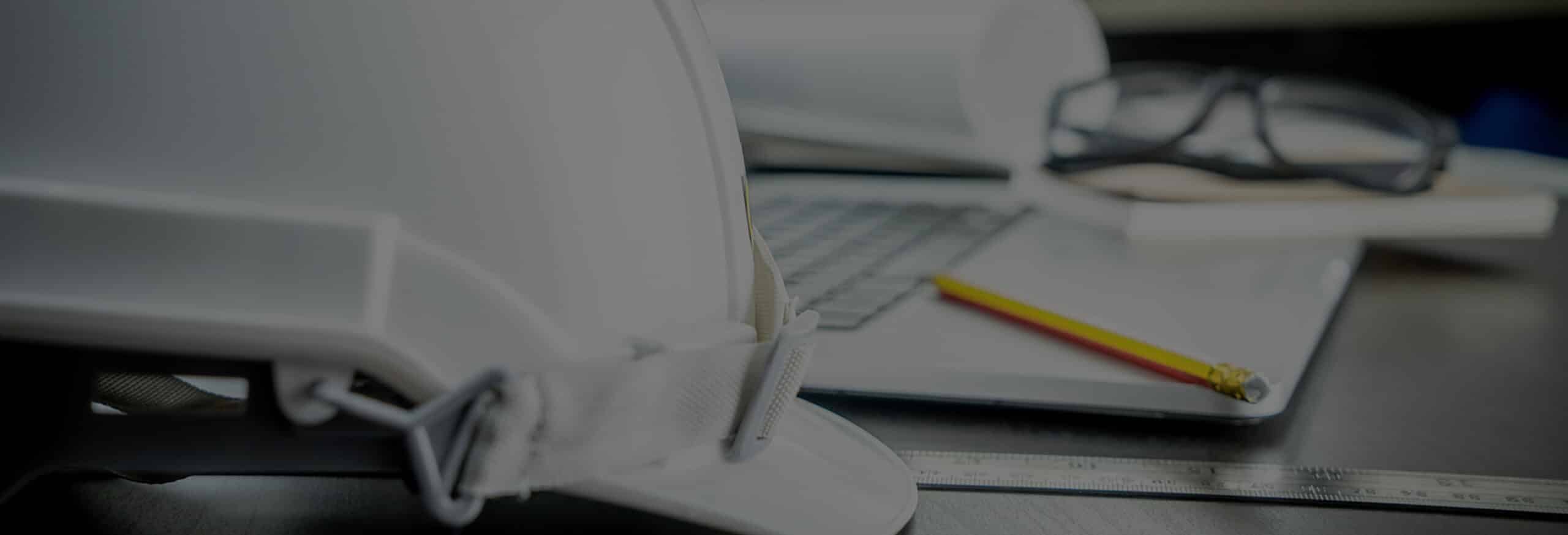
28 Sep Effective Commercial Roof Management Strategies
As a commercial building owner or manager, you probably know that your roof is one of the most critical components of a healthy building envelope — and maintaining that roof can be costly and time-consuming. Proper maintenance is crucial to extending your roof’s lifespan and minimizing costly repairs, but commercial roof management doesn’t have to be a pain.
Our experienced team at Alliance Consulting and Testing works with commercial building owners and reps to streamline inspections, maintenance, repairs, and even replacement.
Here are some key steps you should be taking to maximize longevity of your commercial roof and effectively plan for repairs and replacements you know are coming eventually.
1. Stay on Top of Routine Maintenance
All roofing systems need regular care, and proactive maintenance is a critical part of any comprehensive commercial roof management plan.
Regularly check penetrations in the roof, like vents, pipes, and skylights, for proper sealing and waterproofing. Inspect and reseal any gaps, seams, joints, and flashing in your roofing system to prevent water infiltration.
Prevent ponding water by keeping gutters and drains clear. Regularly check that your gutters, downspouts, and roof drains are clear of debris, because ponding water can lead to costly leaks and premature roofing material deterioration.
If you have roof-mounted HVAC units or other equipment, inspect and maintain them regularly, too. Improperly functioning units can contribute to ponding, leaks, and other roof-related issues.
Take care of your roofing material. Depending on the type of material (single-ply, modified bitumen, etc.) you have, it may need specific maintenance to maintain its integrity.
2. Get Regular Professional Roof Inspections
Along with your routine maintenance, annual professional inspections should be part of your commercial roof management plan. Our professional roof inspectors specialize in identifying issues early on and recommending necessary maintenance or repairs.
We aren’t affiliated with any roofing contractors, and we don’t sell roofs. We provide honest, comprehensive assessments of your roof’s condition to help you extend its useful life and make more informed decisions about repair and replacement timelines.
3. Address Repairs Promptly
If we identify any issues during your inspection, we help you determine how critical it is. Then you can get a repair plan in place. Addressing roof repairs promptly is essential. Even minor leaks or damage can worsen over time and lead to more extensive and expensive problems later on.
4. Develop a Roof Lifecycle Management Plan
The key to effective commercial roof management? Comprehensive roof lifecycle planning. These plans start with your roof in its current condition and help you map out maintenance, upcoming repairs, and eventual replacement.
Our team works with you to establish a budget for your roofing system. This step helps make sure funds are available when you need them and prevents unexpected financial strain. It can include everything from routine roof coatings to complete replacement.
When it’s time for roof repairs or replacement, we help you find experienced, reputable roofing contractors. We offer spec writing, bid management, and installation quality assurance to make the process simpler for you.
Along with planning for future expenses, we recommend keeping records of all maintenance activities, inspections, and repairs. This documentation can be valuable for tracking your roof’s condition over time and making your roof lifecycle management plan even more accurate.
Taking a proactive approach to commercial roof management can significantly extend the lifespan of your roof, minimize repair costs, and effectively plan for future repairs and replacements. To schedule an inspection and get a personalized plan, contact our team at Alliance Consulting and Testing today.

